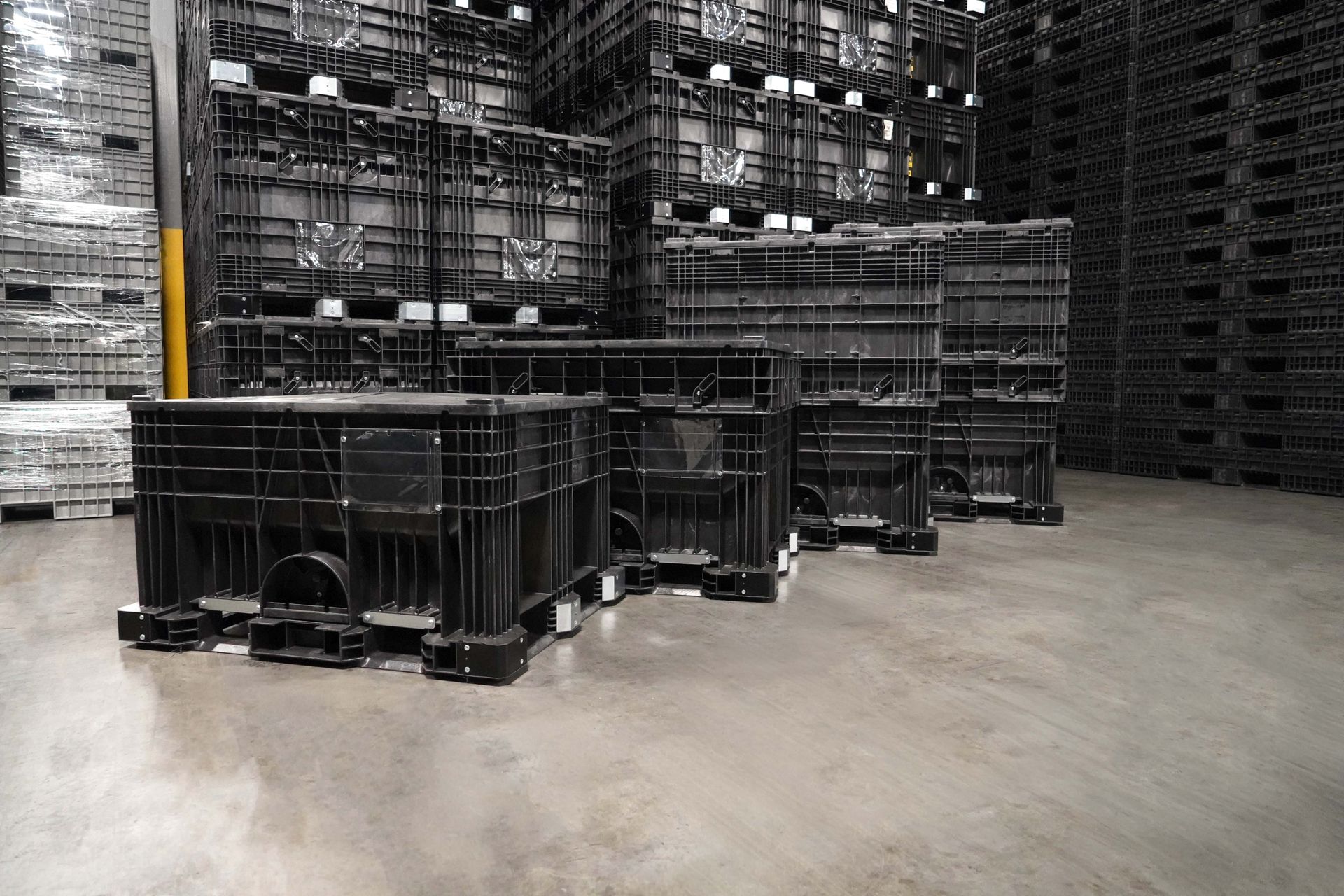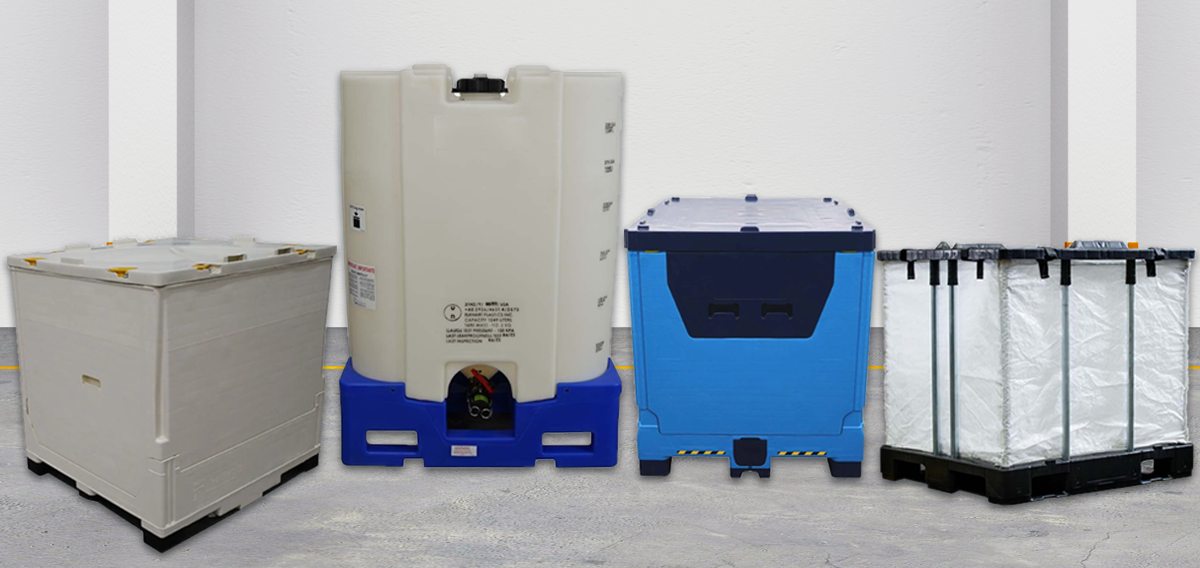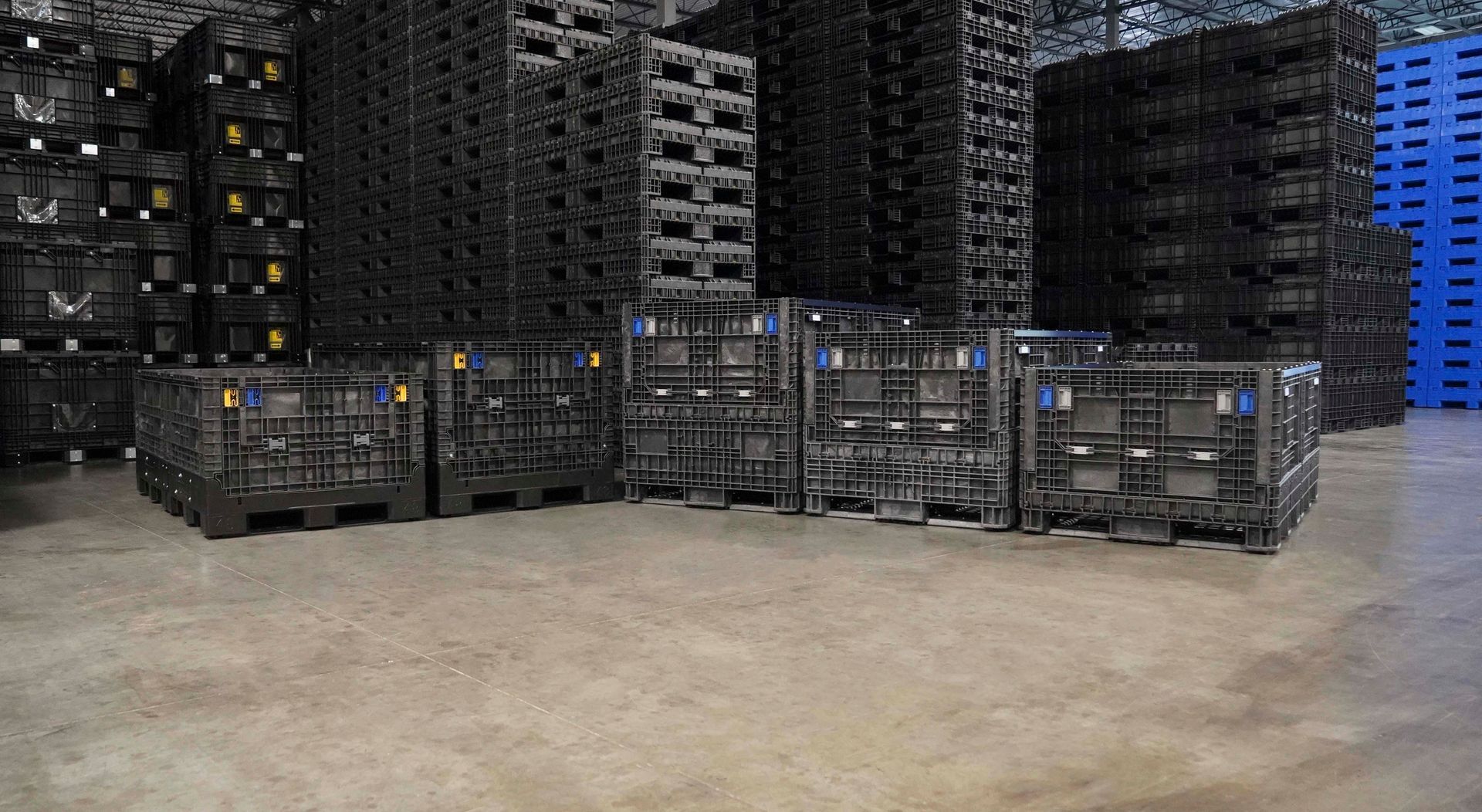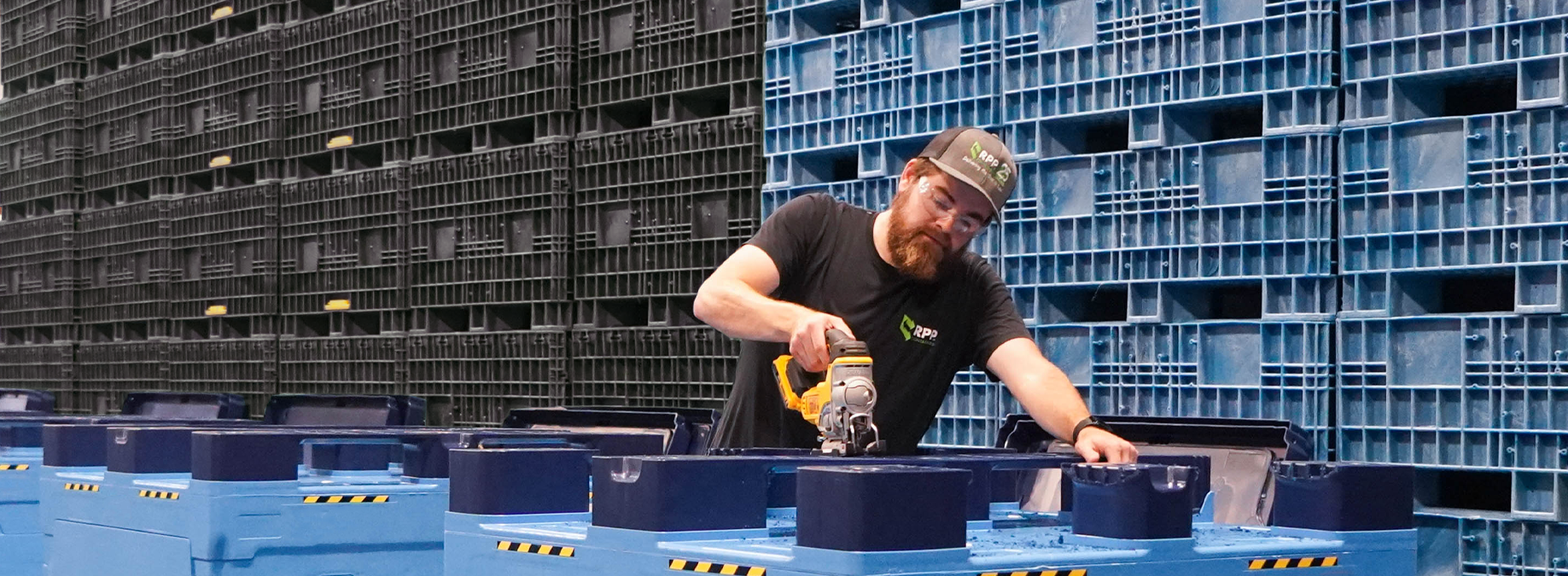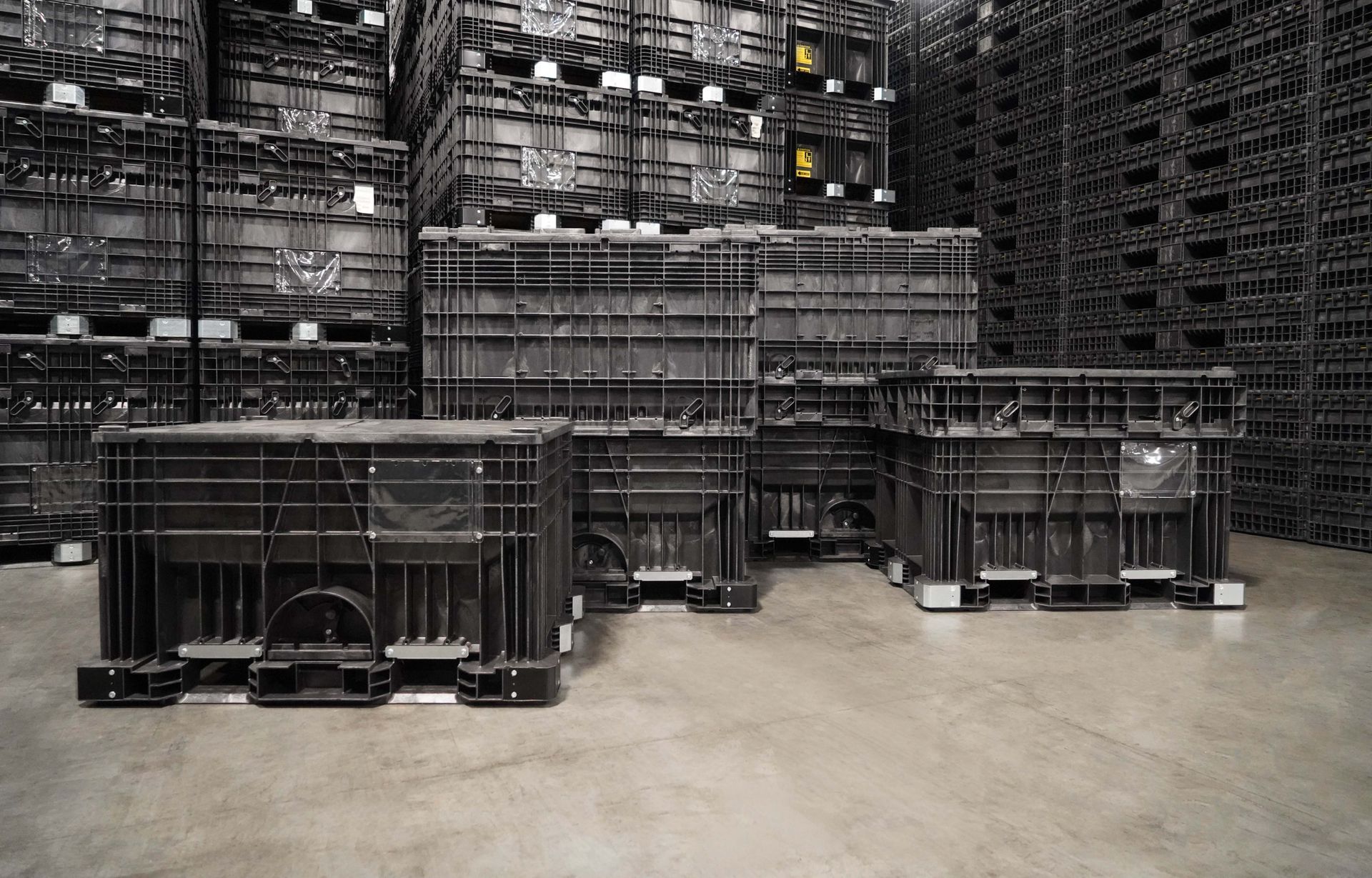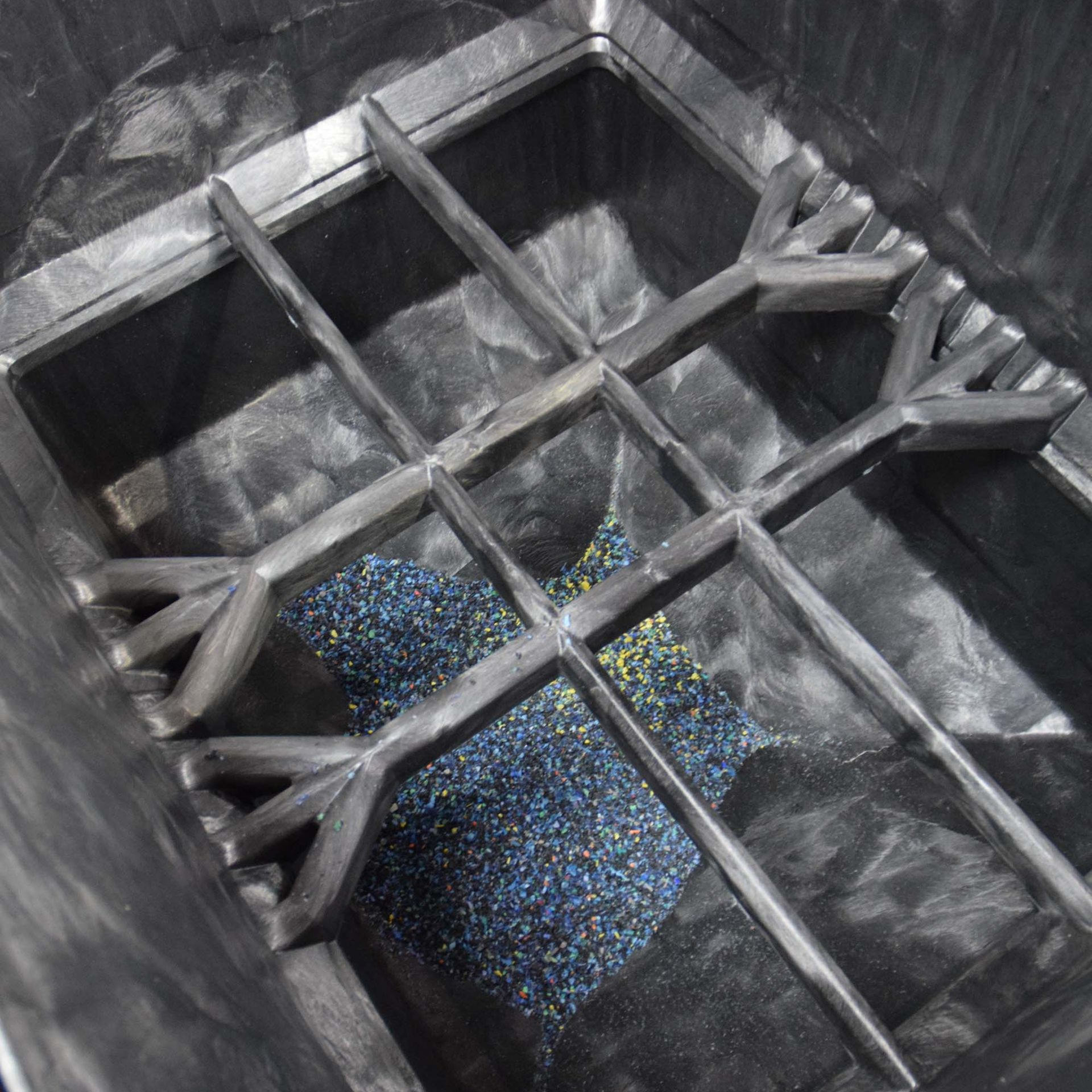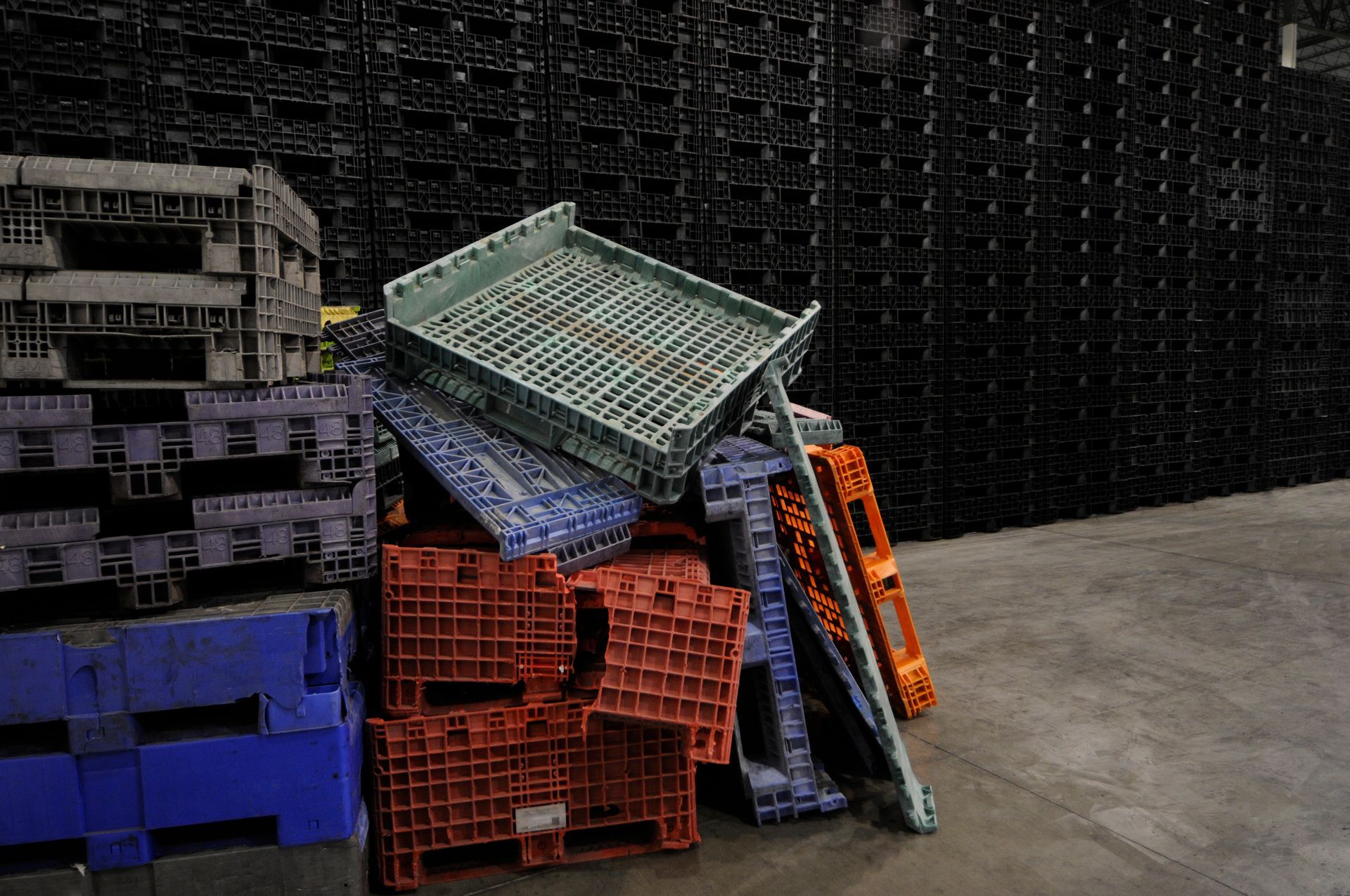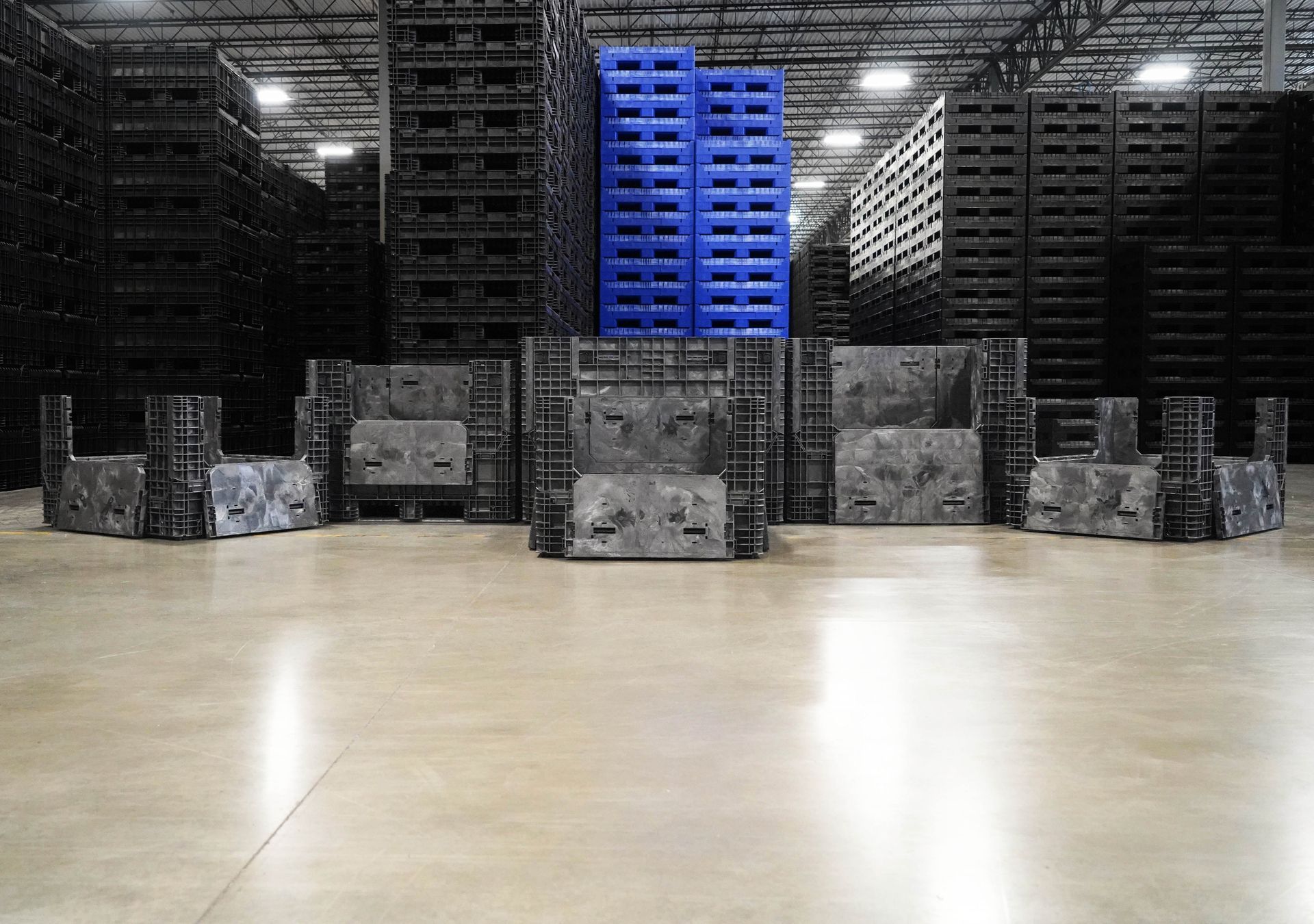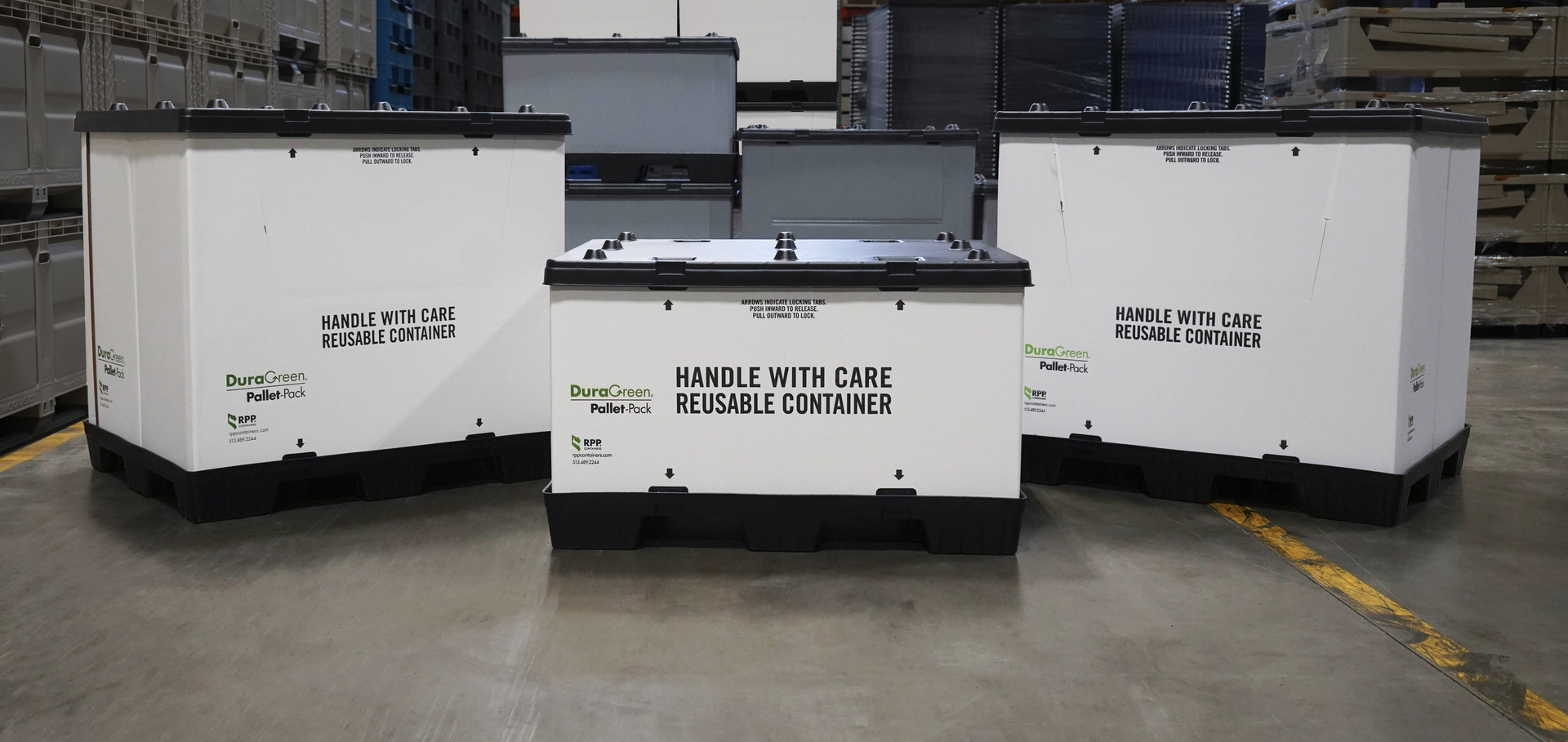What is an Intermediate Bulk Container?
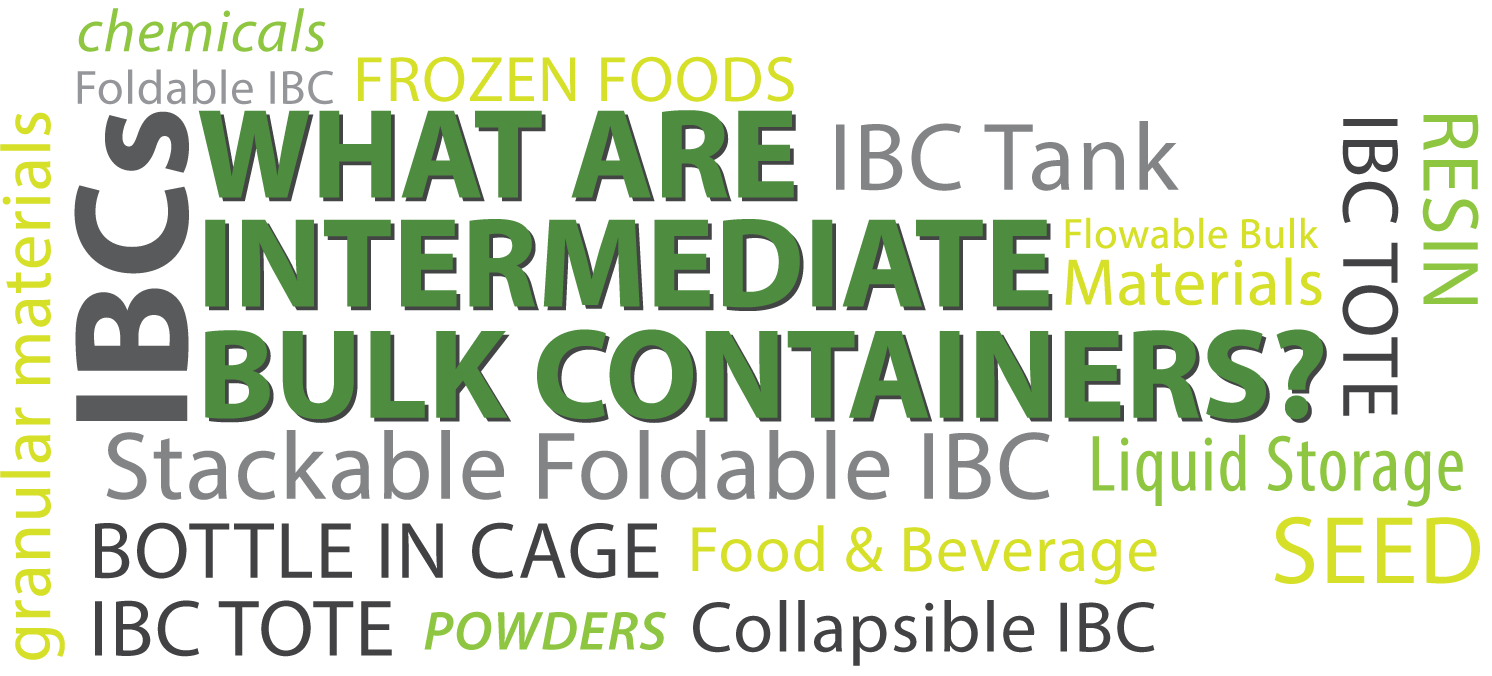
What are IBCs?
When choosing the right intermediate bulk container (IBC) for your business, various types are available, each designed to suit specific needs and requirements. This blog post will explore some of the most common types of IBCs and their unique features. If your business involves shipping, storing, or using large quantities of liquids, chemicals, powders, frozen food, resin, or other flowable bulk materials, you might have heard of intermediate bulk containers or IBCs. These containers can help you increase efficiency, reduce shipping costs, and improve safety. But what exactly are IBCs, and how do they work?
Are there different types of IBCs?
Plastic IBCs:
Plastic IBCs are popular for their lightweight construction, durability, and corrosion resistance. They are typically made from high-density polyethylene (HDPE) or polypropylene (PP) and can be used for liquid and solid materials. Plastic IBCs come in different sizes, and are generally stackable, making them easy to store and transport.Composite IBCs:
Composite IBCs combine the strength of steel with the lightweight nature of plastic. These IBCs have a plastic inner container encased in a steel cage, offering superior protection and durability. Composite IBCs are commonly used for storing and transporting chemicals, pharmaceuticals, and food ingredients. They often have stackable designs and can be equipped with additional features like pressure relief valves.Folding IBCs:
Folding IBCs are designed for easy storage and transportation when not in use. These containers can be collapsed or folded, significantly reducing their volume. Folding IBCs are typically made of plastic and can be stacked when assembled, making them efficient for shipping and storage.Why Use IBCs?
There are several benefits to using IBCs in your business, including:
- Improved Efficiency: Because IBCs can hold such large quantities of materials, they can help reduce the number of containers you need, saving you time and money on shipment and storage.
- Reduced Costs: IBCs are reusable and require less packaging, reducing transportation and storage costs over time.
- Better Safety: The steel cage encasing the container protects it from any impacts and reduces the risk of spills and damage.
- Environmentally Friendly: Using IBCs reduces the amount of packaging waste compared to traditional containers, making it a more environmentally friendly option.
When choosing the right type of IBC for your business, it's essential to consider factors like the type of material being stored or transported, the regulations governing your industry, and factors like durability, stackability, and reusability. In conclusion, intermediate bulk containers offer an efficient, cost-effective, and safe solution for transporting and storing bulk materials, liquids, and powders. By choosing IBCs over other containers, businesses can streamline their operations and reduce the amount of waste generated while elevating their safety and ease of use.
Do you have questions?
